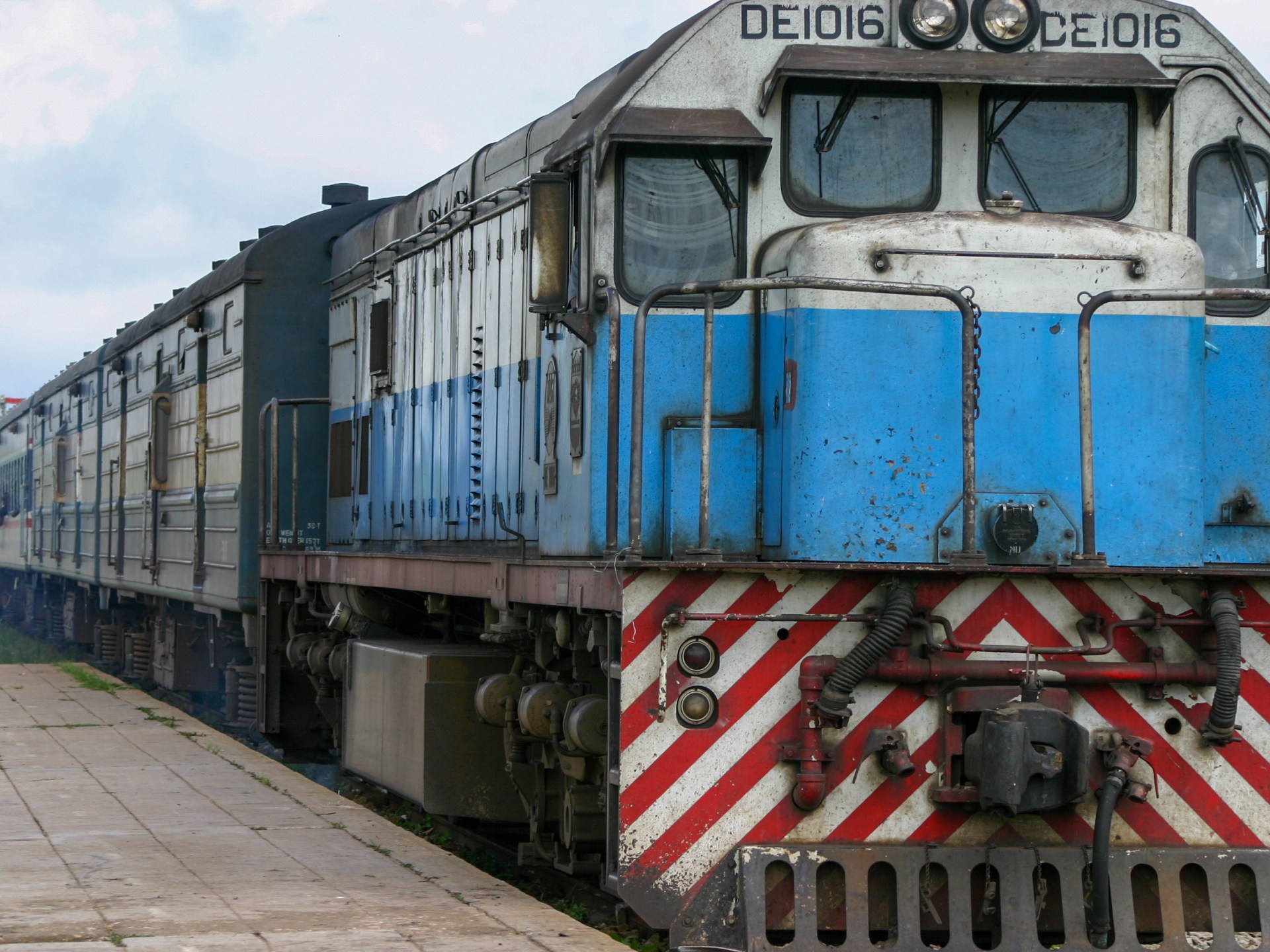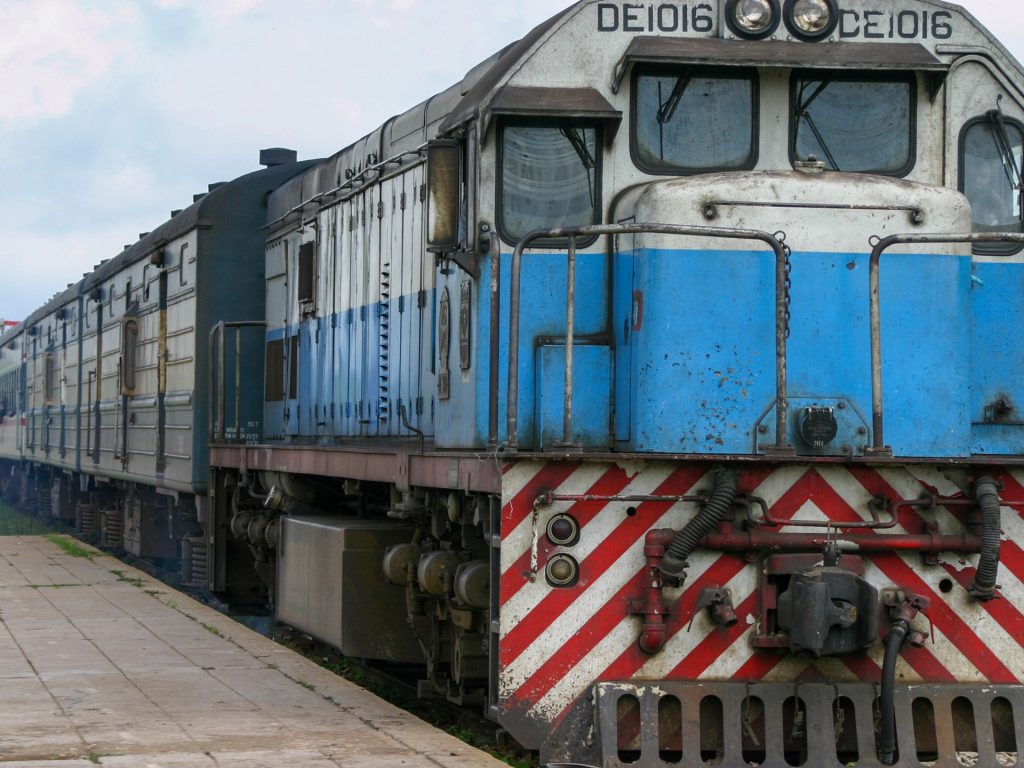The economic reforms launched by Zambian President Hakainde Hichilema have yielded tangible results, notably by opening the Tanzania-Zambia (TAZAMA) pipeline to multiple suppliers, which contributed to a 33% drop in fuel prices across the country. The new pipeline access ended the dominance of the company “Agro-Fuel,” which had controlled prices for years. In July, the government approved 21 companies to participate in the supply system to boost competition in the fuel market. Energy Minister Makuzu Chikoti emphasized that the reforms benefit many citizens and that the government is working hard to ensure a stable supply of petroleum products without market disruptions. Since taking office four years ago, Hichilema has implemented broad economic reforms after a decade of mismanagement under the former ruling party, the United National Front. These reforms included removing costly fuel subsidies and encouraging competition in supply operations.
However, subsidy removal, currency depreciation, and the Russia-Ukraine war led to fuel price hikes of about 100% between 2021 and 2024, sparking consumer anger, especially in major cities that formed Hichilema’s core electoral base. After the closure of the sole Indeni refinery in 2022, Zambia became fully reliant on imports via the TAZAMA pipeline from Tanzania and overland from the port of Beira in Mozambique. Consequently, Agro-Fuel controlled pipeline usage, gaining significant influence over the supply market. In November 2024, the IMF criticized Agro-Fuel’s dominance, noting it kept diesel fuel prices high despite global price drops and exchange rate improvements. Meanwhile, the government is in dispute with fuel suppliers over $750 million in debts from previous shipments provided by marketing companies on behalf of the state before policy changes. Zambia’s public debt exceeded $30 billion by the end of 2024.














Recommended for you
Talib Al-Rifai Chronicles Kuwaiti Art Heritage in "Doukhi.. Tasaseem Al-Saba"
Exhibition City Completes About 80% of Preparations for the Damascus International Fair Launch
Unified Admission Applications Start Tuesday with 640 Students to be Accepted in Medicine
Egypt Post: We Have Over 10 Million Customers in Savings Accounts and Offer Daily, Monthly, and Annual Returns
His Highness Sheikh Isa bin Salman bin Hamad Al Khalifa Receives the United States Ambassador to the Kingdom of Bahrain
Al-Jaghbeer: The Industrial Sector Leads Economic Growth